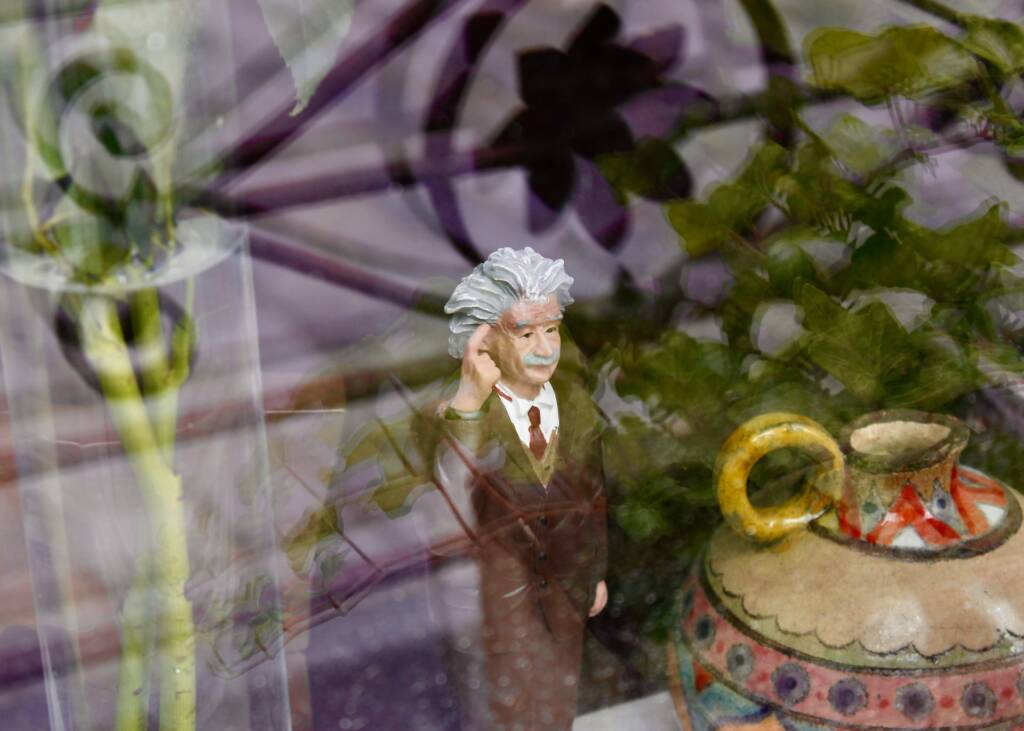Two helpful Concepts from Yoga Philosophy

There are two sanskrit terms that I think are very valuable in that they connect with principles that are relevant to every aspect of our life, including how we make our health choices.
Dharma
Most people have heard the Sanskrit term Dharma. I define dharma as intention and action taken in alignment with one’s deepest, innermost sense of what is true. This is the energy centre of an innate morality and dharma is about living according to that natural morality of the heart and conscience.
Of course, it is a very high ideal of human behavior, i.e., to live as if love is the law of life. Rare are those people who live according to the innermost principles that we may be fortunate to comprehend but find so hard to apply. Does a belief or action create unity or separation? Does it raise awareness or distort it? Does it nourish our self-development or is it mere self-assertion?
Viveka
Viveka or discernment refers to the invaluable quality of looking at circumstances or information and applying a discerning awareness. In a direct sense, it is how we apply the principle of dharma in the field of life. If dharma refers to the inner principles of the heart that we would wish to live by, then when we apply those principles in actual life situations or in making life choices, we are applying viveka, or discernment. Is this truly right for me? Is this truly right for other? Does this have the ring of truth?
Judgment can be a matter of prior opinion, prejudice or preference. Judgment is therefore more subjective and more skeptical. As compared to discernment, skepticism is harder-edged, more willing to hold things in judgment, the starting position more inherently doubtful. Viveka is more present, lighter, just standing in or seeking a diamond like clarity. It is more spacious, requires less energy, and is more effective. No negative edge.
Discernment is more objective, a little more detached, meaning standing a bit apart. Another word would be dispassionate, attempting to separate out our feelings and just see things as they are. Discernment advances our overall understanding by taking ourselves, our ego, our emotions, our opinions, our desires, a little out of the situation and just seeing things as they actually are, not how they may appear or who we would wish them to be. We apply our innermost sense of what is right and true for ourselves, combined with common sense, a little intuition and the willingness to investigate. There are also times we need to discern what is right in our choices on behalf of others.
Sometimes we are intellectually lazy and simply accept what a seemingly authoritative source or authority figure says, without applying discernment. Viveka, or discernment, is the willingness to utilize our inner and outer resources to separate bold assertions from verifiable facts. All too often people hand over their power to discern what is true. What does Dr Oz say? What does David Wolfe say? What does Mercola say? Then that becomes our opinion. What we need is an open-minded reasoning and a more investigative attitude, as well as the willingness to experiment and discover what is uniquely true for oneself.
Furthermore

Critical thinking skills are required in the modern age of technology and the rise of misinformation on the internet.
When I read something in the newspaper about nutrition – “Vitamins found to be bad for you”, do I now believe that vitamins are bad for you, or do I seek further information that delves more deeply behind the catchy headline to understand what other authorities are saying about the study, what were the actual materials they used? (For instance, they may have been artificial forms of the vitamins and quite different in their biological effects than the natural source form. Beta carotene and Vitamin E both exist in artificial and natural forms which are structurally different.) What came out of this study that is not found in the headlines?
In the modern world information goes round and round and certainly health information on the internet is often opinion that gets repeated over and over until it is accepted as true, when it may not be true at all. So in the realm of diet and health information it is so important to apply discernment. What do other authorities say about the point? What have other studies concluded? It never pays to simply accept things superficially. Now this does not mean our conclusions are always going to be correct, as, of course we can never be truly objective and our ego is always more or less involved. Yet if we cultivate an open yet discerning attitude, there is a good chance our understanding will broaden and we are less likely to fall prey to headlines and pronouncements.

Add Comment